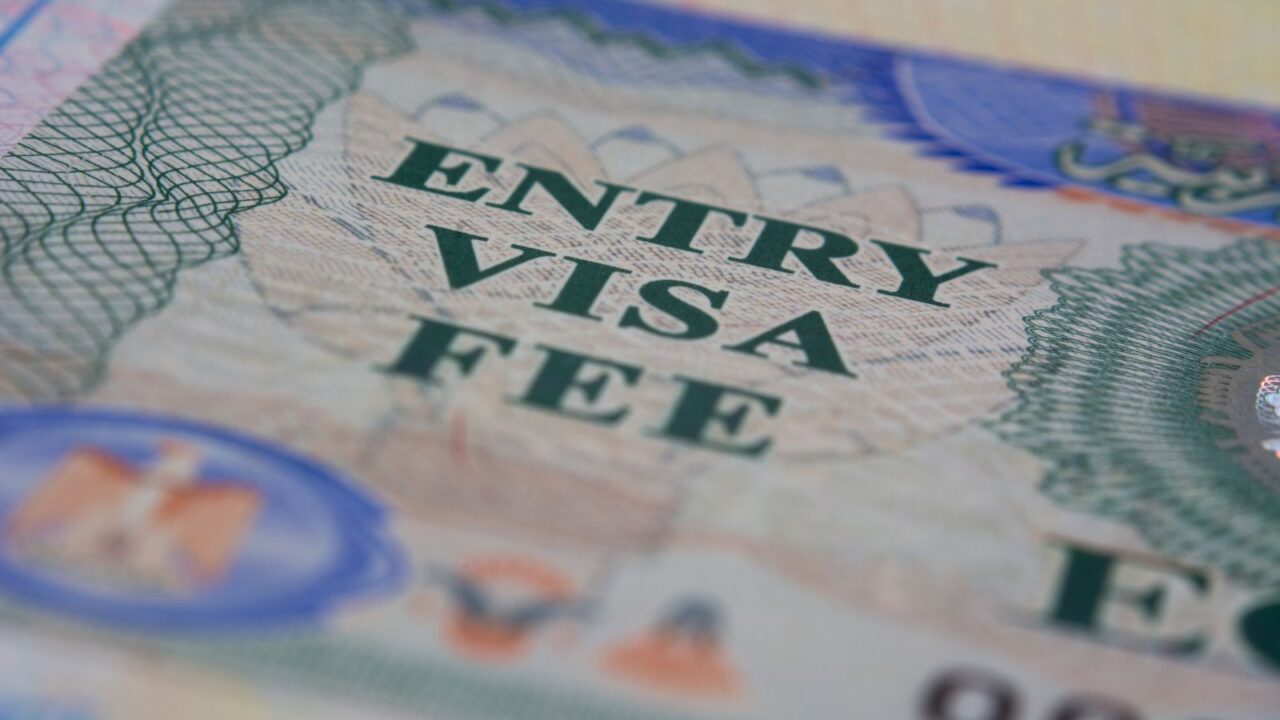
Visa fees are getting sneaky
Think your visa will cost just what’s listed on the application form? Think again. More and more travelers are being blindsided by hidden or last-minute visa fees that aren’t clearly disclosed upfront.
In this slideshow, we’ll explore what’s happening, why it matters, and how you can avoid getting caught off guard, especially if you’re a student, tourist, or planning your first big international trip.
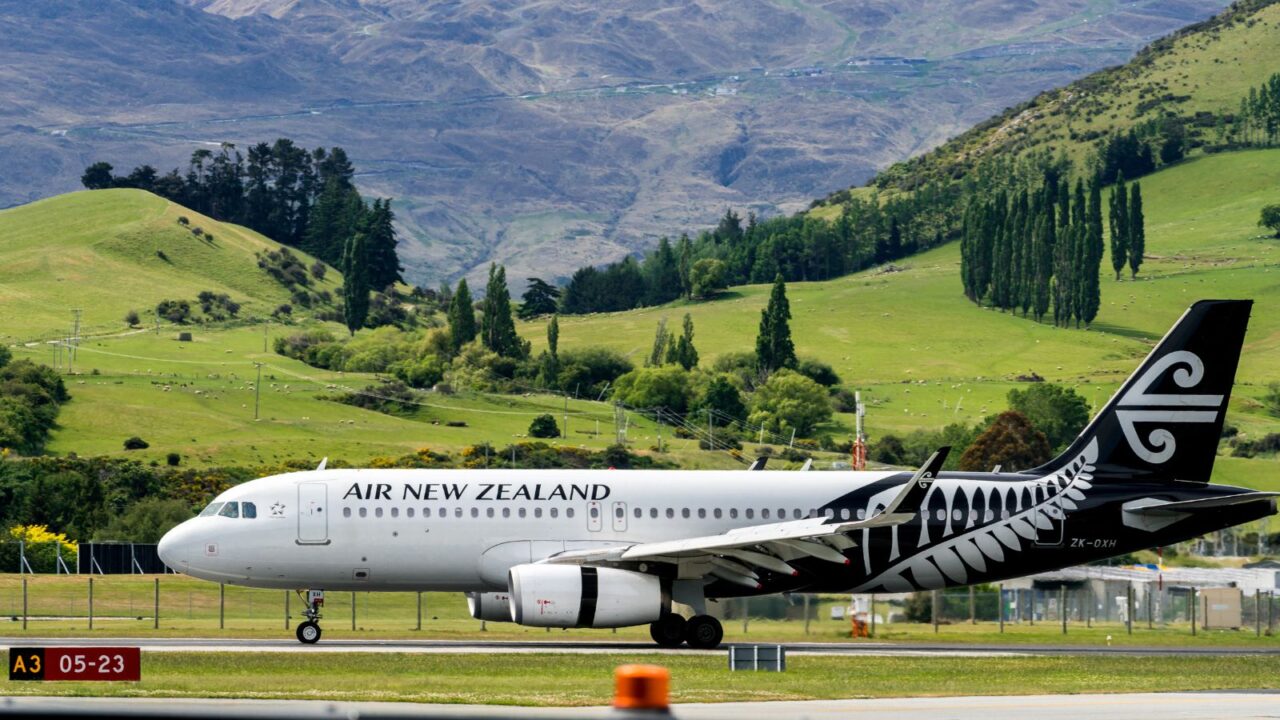
The case that sparked global concern
New Zealand recently hiked its International Visitor Conservation and Tourism Levy (IVL) from $35 to $100, without warning or upfront clarity.
Many applicants, especially students and tourists, discovered this only after paying or receiving a rejection, with no refund. The fee hike was quietly rolled out, causing widespread frustration.

Why this matters more than ever
Hidden visa fees are part of a much larger issue: junk fees in the travel industry. These surprise charges show up in everything from airline tickets to hotel bookings. But when it comes to visas, they hit harder. You’re often required to pay before even getting approval.
And if your visa is denied? That money’s gone. No refund. This lack of transparency makes it tough for travelers to budget accurately or plan confidently.
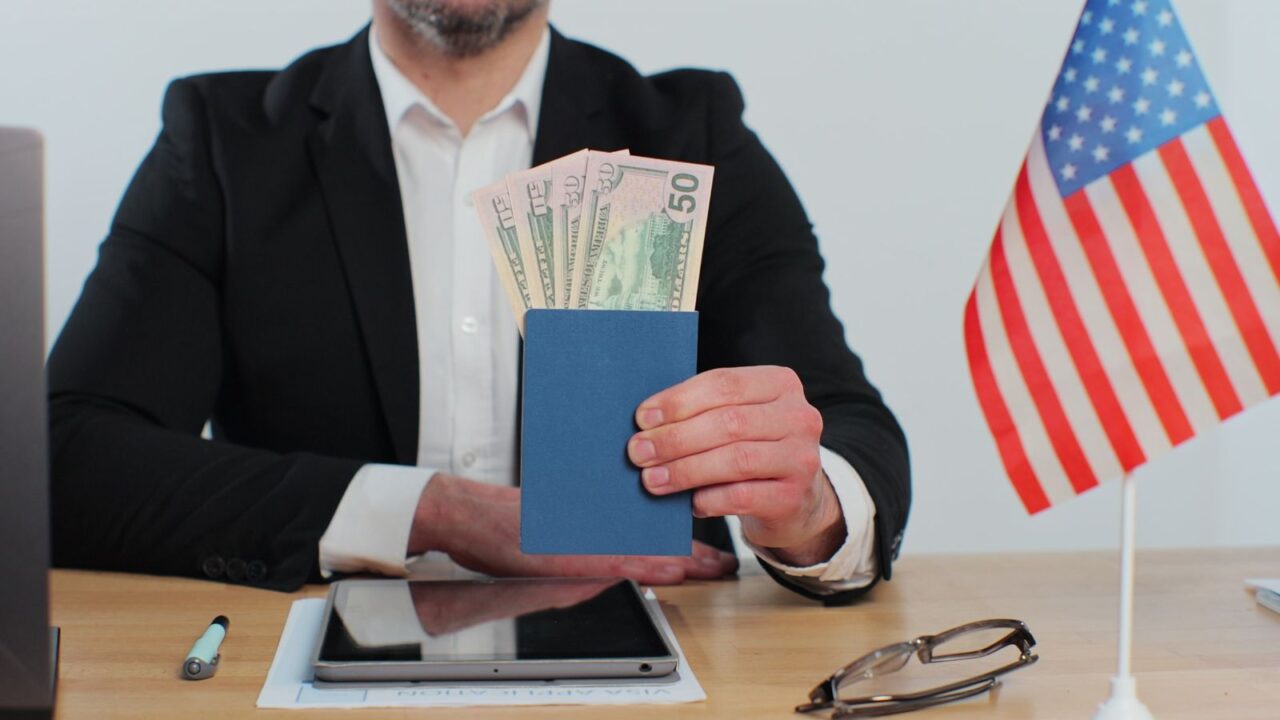
Common hidden visa costs you might miss
It’s not just about the sticker price. Some of the sneaky charges include:
- Increased government levies
- Extra service or processing fees
- Credit card charges for online payments
- No refund for denied applications
- Extra charges for expedited processing
You may also be charged for things like application portal access or additional documentation requests. These costs rarely show up in the initial quote.

Tourists hit the hardest
Many tourists, especially first-time travelers or those planning trips on a budget, are getting caught off guard. They often rely on blogs or outdated guides that don’t reflect recent fee changes.
Suddenly, a quick getaway becomes a budgeting nightmare. Some countries even require separate fees for entry, departure, and visa processing, all of which may not be clearly listed together until checkout.

Students facing steep financial setbacks
For international students, these hidden fees can create real hardship. Many are already paying tuition, living expenses, and travel costs. When visa fees increase without warning, and especially if there’s no refund for rejections, it can be financially devastating.
Students from developing countries are particularly vulnerable, and many don’t even find out about the extra charges until they’ve already applied and paid.
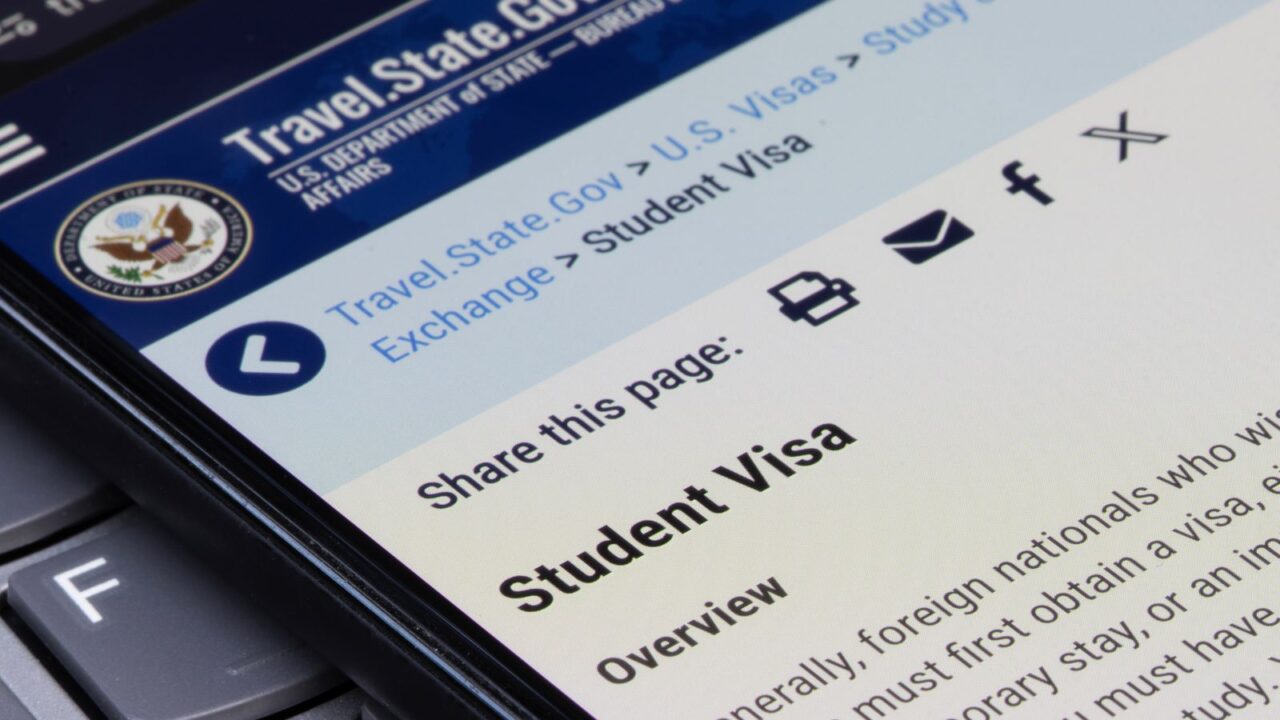
The problem with no consolidated pricing
Most visa websites don’t show a total, consolidated fee upfront. Instead, charges are scattered across pages: one for the application, one for processing, and another for tourism levies or taxes.
This fragmented pricing structure creates confusion. Many travelers only realize the full cost after submitting payment. Worse, the fees are often non-refundable, even when the application is rejected due to missing documents or administrative delays.
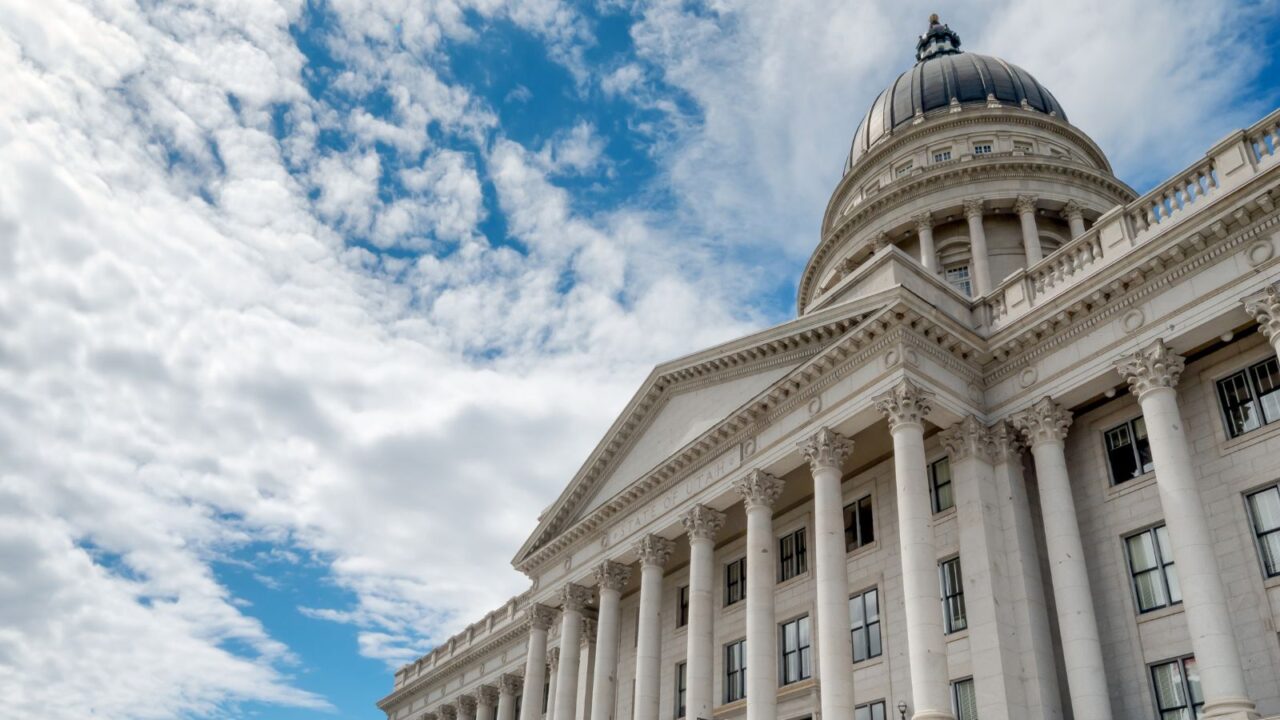
Why governments are doing this
Let’s be honest: governments benefit from this opacity. Quietly increasing fees generates more revenue without major public backlash, especially if travelers don’t notice until it’s too late.
Some officials argue that the extra income funds tourism infrastructure or environmental conservation.
But without clear communication, it feels like a money grab. And when fees rise faster than inflation, it raises questions about fairness and ethics.

Visa denied? You still pay
Many travelers assume they’ll get a refund if their visa application is denied. That’s rarely the case. Even if the rejection is due to a technical error or missing documents, the fee is gone.
This discourages people from applying multiple times and leaves little room for corrections. It’s especially frustrating for applicants who followed the process carefully but were tripped up by small mistakes or unclear criteria.
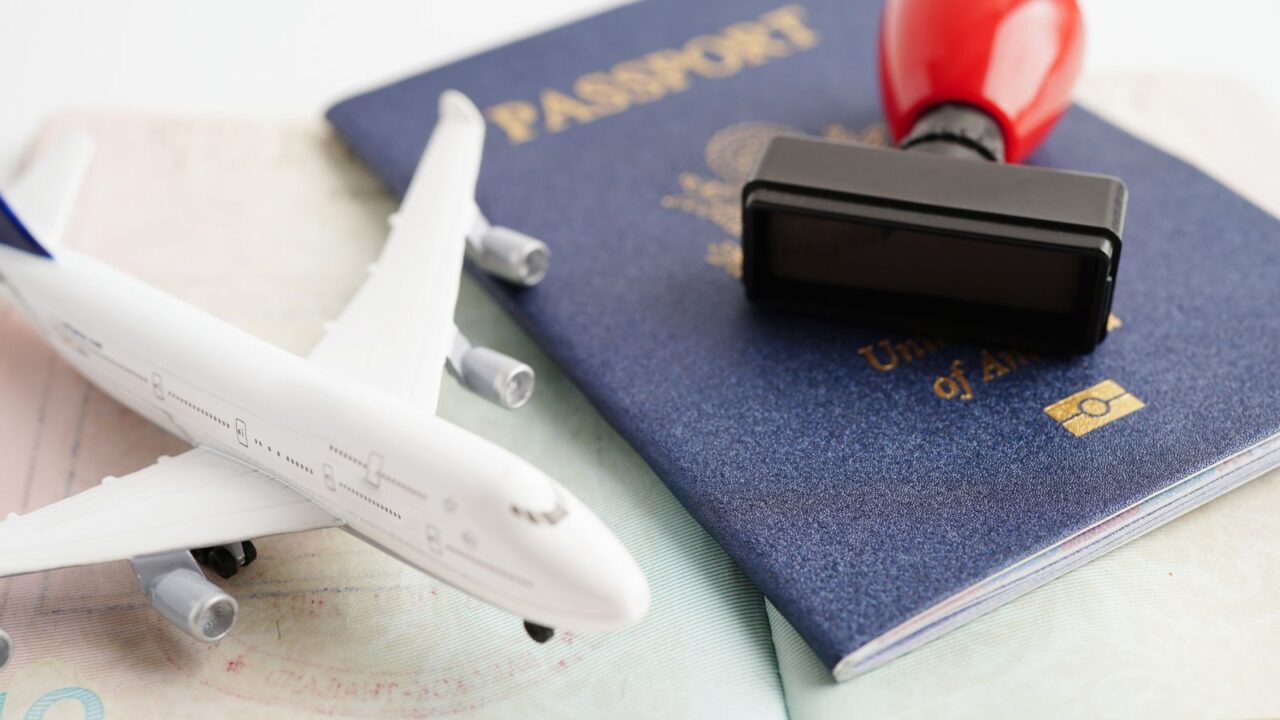
It’s not just New Zealand
Other countries have quietly adjusted their visa fees too. The U.S., UK, Australia, and parts of Europe have added extra service, appointment, or biometric fees.
Often, travelers must use third-party processing platforms that charge their own add-ons. Even countries offering “visa on arrival” may tack on unexpected administrative fees that aren’t advertised at all on official tourism sites.

Tied into the global travel “junk fee” trend
Hidden visa charges are just one piece of a bigger travel puzzle. Rental car pickups at a different location? Extra fee. Using your card overseas? Expect a foreign transaction fee.
Roaming charges, hotel service fees, currency conversion markups, it all adds up. The lack of transparency isn’t just inconvenient, it actively misleads travelers who think they’re budgeting smart.

Booking platforms and sneaky add-ons
Visa application fees aren’t the only culprits. Many travel sites add service or “convenience” fees during checkout that aren’t shown upfront. Worse, some third-party visa agencies don’t explain which fees go to the government and which go to them.
That makes it difficult to compare or verify costs, and often leads to travelers overpaying without realizing they had cheaper options.
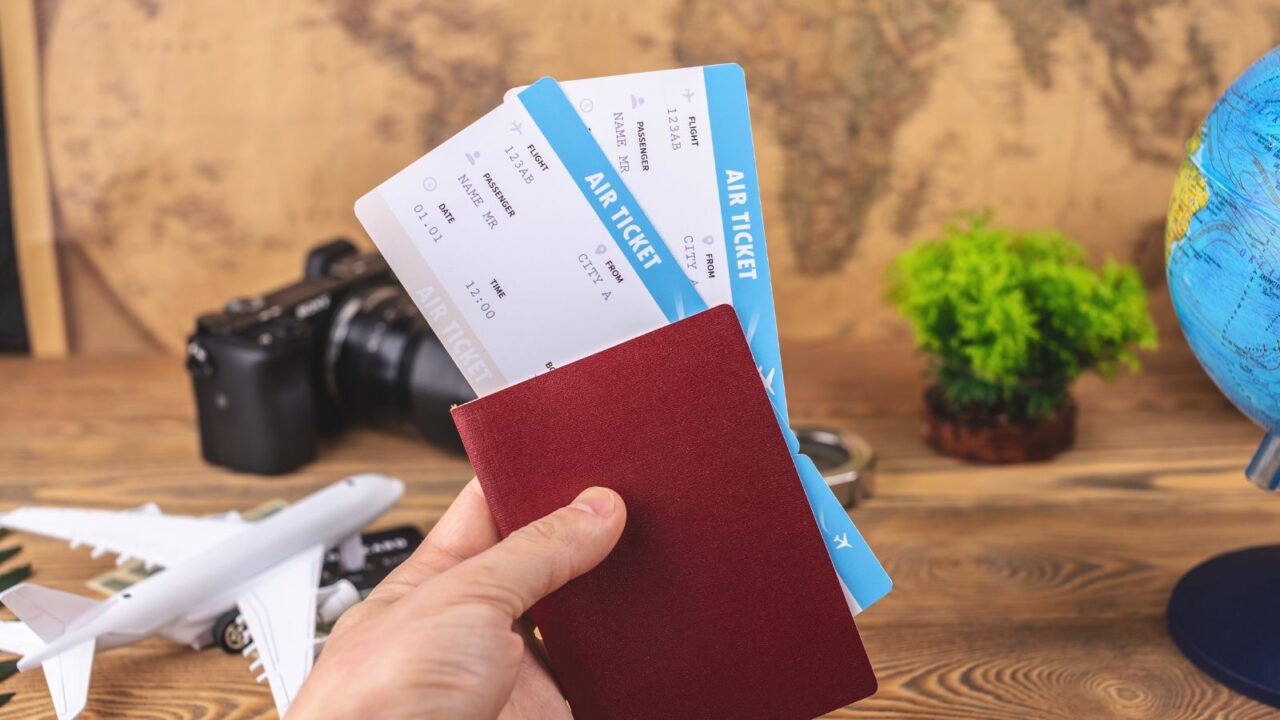
What you can do to protect yourself
To stay ahead of sneaky visa fees, do the following:
- Use only official government immigration sites
- Read the fine print on all application pages
- Look for breakdowns of total costs before submitting payment
- Avoid third-party agents unless necessary
Bookmark forums or expat groups for real-time fee updates
And most importantly, double-check whether fees are refundable before you hit “submit.”

Students, plan ahead and budget extra
If you’re a student applying for a visa, always budget more than the listed price. Ask your university if they have a visa support office or resources that explain recent policy changes.
Join international student forums to hear about others’ experiences. And if your visa requires proof of funds, be sure your bank statements include wiggle room for surprise charges.
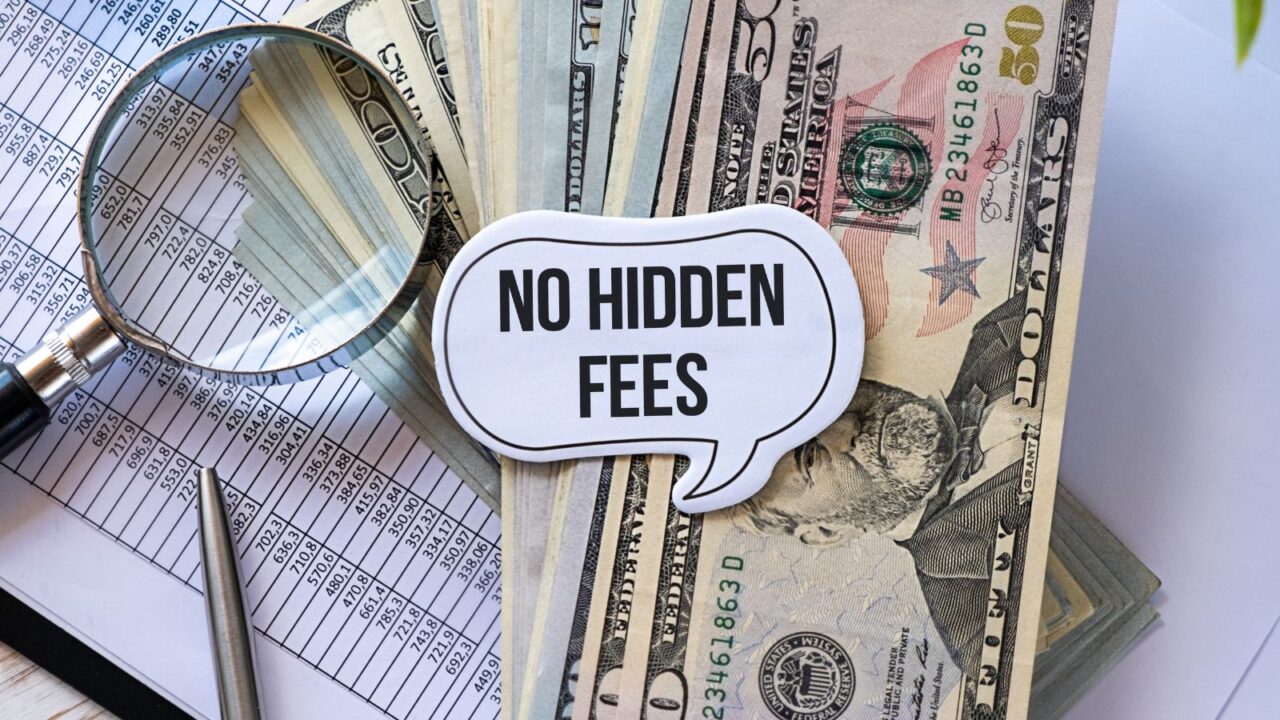
Have you ever been caught by a hidden visa fee?
These surprise costs aren’t just annoying, they’re reshaping how we travel, especially for students and budget-conscious tourists. Now we want to hear from you:
Your story matters because sometimes, it’s the smallest travel hiccup that causes the biggest headache. Here’s how a simple boarding pass mistake could ruin your trip.
Have you experienced hidden or unfair visa charges while planning a trip? Did it change your travel plans, or make you rethink visiting a country altogether? Drop your experience in the comments, we’re listening.
Read More From This Brand:
- Cape Town’s Shoreline Stunners You’ll Regret Skipping in 2025
- A Beginner’s Guide to America’s Quirkiest Roadside Attractions
- Why Rio and Machu Picchu Are the Bucket List Duo of 2025
Don’t forget to follow us for more exclusive content right here on MSN.
This slideshow was made with AI assistance and human editing.